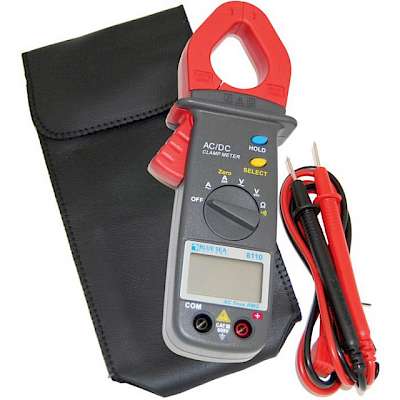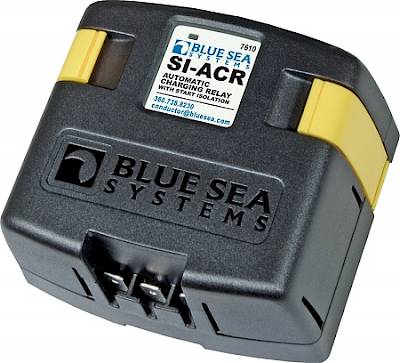
The Pros and Cons of Wiring a Boat for 12 or 24 Volts
If weight is a major concern on your boat, or if the vessel size requires long cable runs, there is always the option of wiring your boat for 24 volts. With a higher voltage, the currents pulled by the various electronics are much smaller and hence the cables only need to be a quarter of the size.
Going back to Watts formula: Amps = Watts / Volts we can deduce that when the volts are doubled the current is halved. This makes the cables needed for the same wattage a quarter of the area. Going this route is much cheaper, a quarter of the weight and considerably easier to run through your boat because of flexibility issues.
This approach does raise a few problems. Since the automotive industry is wired for 12 volts there are a myriad of products readily available for this voltage; the alternator, light bulbs, and others keep the prices down because of a large supply. This means that 24-volt equipment in many cases is more expensive than their counterparts and difficult to find due to the low demand.
Related Content











 $258.00
$258.00 $187.57
$187.57



















